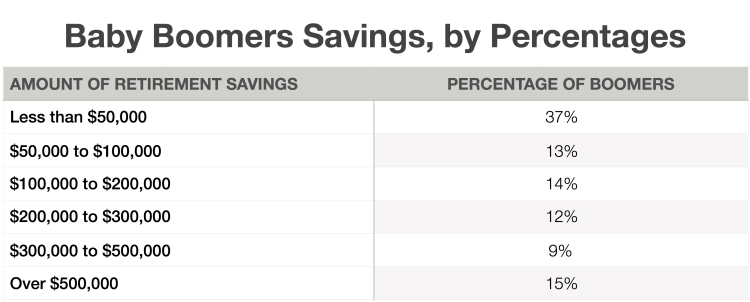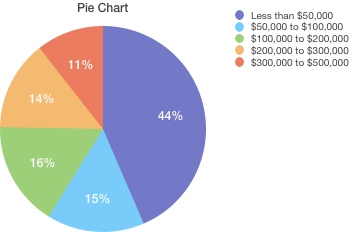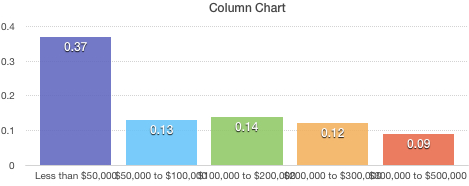More baby boomers are facing retirement surprises than may first be evident. Across the nation, 10,000 boomers retire every day, and nearly two-thirds of them have not made any financial plans for their retirement. There are several tools that are available for seniors to help minimize
A reverse mortgage is among the tools available to seniors that can be used to help minimize the damage caused by retirement income “shocks”, writes author John F. Wasik in a Forbes magazine article published in the August 14, 2017 edition.
Some of these “shocks” can include paying off student loans for children, divorce, needing to assist aging parents with care costs, and loss of employment, among others. According to the National Endowment for Financial Education, it’s a high probability that many seniors will face a major loss of income sometime during their retirement.
Watch a CNBC report on reverse mortgages.
Professor Teresa Ghilarducci told Forbes, “People want to believe that ‘it won’t happen to me’. “Truth is that almost no one is safe from these shocks, and low-income individuals are disproportionately affected.”
The report from the National Endowment for Financial Education, 96% of men aged 66 to 70 have experienced at least four “shocks”.
But there are ways to survive a shock, Wasik writes, including the use of home equity by using a reverse mortgage.
Related Post: Baby Boomers Haven’t Saved Enough for Retirement
“When retired, you may be able to get a ‘reverse’ mortgage that will pay you a monthly income — if you qualify,” the Wasik article states.
A reverse mortgage allows some seniors to access the cash equity they have accumulated in their home to cover monthly financial shortfalls. The amount of available monthly income will vary with the senior’s age and the home’s available equity being the two primary determining factors.
If you’re a senior and interested in finding out all the facts about how a reverse mortgage could help you supplement your monthly income, click here and request a call; I’ll be happy to visit with you.




